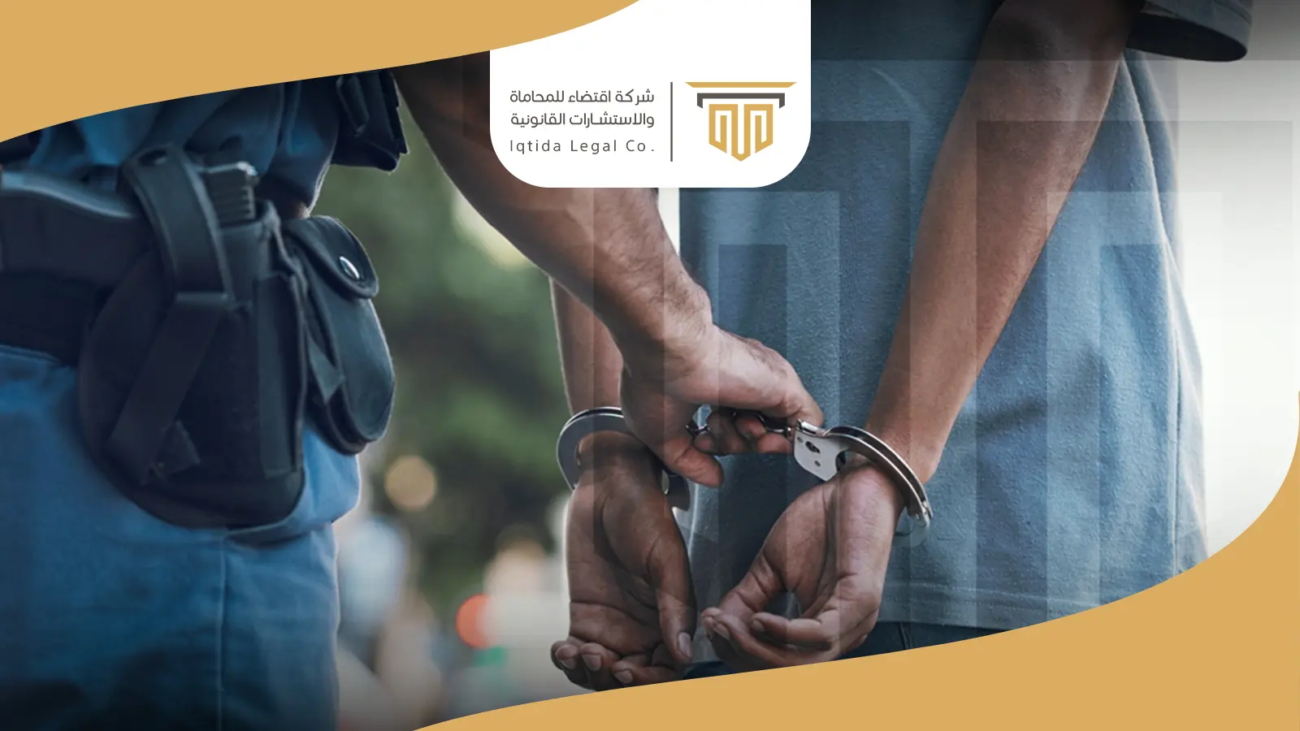Qisas cases in Saudi Arabia are considered one of the most complex and sensitive issues, since they relate to legitimate rights and Qisas that is carried out in accordance with Islamic law. Qisas is one of the limits stipulated by Sharia, and it means equality of punishment, where the perpetrator is punished by the same as he committed the crime, such as killing the murderer or injuring the aggressor with the same damage that he inflicted on the victim.
Hiring a lawyer who specializes in Qisas cases is extremely important, because these cases require a deep understanding of Islamic law and local laws. A specialized lawyer is engaged in a thorough analysis of the case to determine the applicability of the terms of retribution to the crime committed. Through this analysis, a lawyer can make strong defenses aimed at defending his client.
At the beginning of dealing with retribution cases, a lawyer collects information and evidence that supports his client's position. This includes reviewing police reports, witness statements, and medical reports. It is important for a lawyer to verify that the evidence has been collected in accordance with Sharia laws and procedures, and that it complies with the strict conditions required to prove the crime that warrants retribution.
One of the strategies that a lawyer may use in Qisas cases is to try to prove that the full conditions for applying Qisas are not met. For example, a lawyer may seek to prove the existence of suspicion of intent to murder, or that the crime occurred in self-defense, which may lead to a reduction in punishment or the replacement of retribution with another punishment.
A lawyer also plays a role in negotiating with blood guardians, as he can try to reach a settlement such as accepting blood money instead of carrying out retribution. Such settlements are highly dependent on the lawyer's negotiation skills and the willingness of blood parents to accept financial compensation as an alternative to retribution. In some cases, a lawyer may be able to convince blood parents to pardon the offender, which will lead to the cancellation of retribution.
During the trial, the lawyer legitimately and legally presents his defense before the judge. This requires the presentation of pleadings and defenses that highlight any weaknesses in the prosecution's case, or that highlight the humanitarian aspects of the case, such as the impact of the execution of retribution on the perpetrator's family. A lawyer always strives to ensure that his client is treated fairly and that the law is implemented in a manner that takes into account the rights of all parties.
In the event of a Qisas verdict, the lawyer continues to file appeals and petitions for pardon. This requires the submission of new evidence or a review of legal errors that may have occurred during the trial. The goal of such actions is to try to mitigate the punishment or avoid the execution of retribution by finding alternative solutions.
In conclusion, retribution cases in Saudi Arabia require a high level of legal expertise and legitimacy. A lawyer specializing in this type of case not only defends his client in court, but also seeks justice in such a way as to take into account the rights of the offender, the victim and blood parents, ensuring the correct and fair implementation of the provisions of Islamic law.

